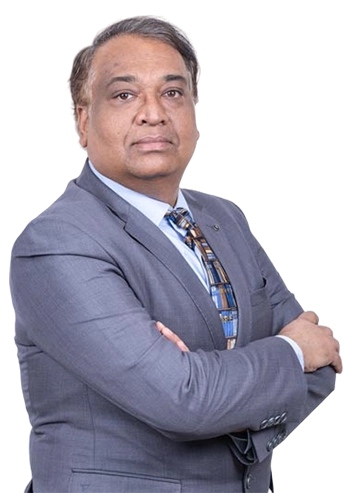Rheumatology is the study of rheumatism, arthritis, and other disorders of the joints, muscles, and ligaments. Rheumatologists deal mainly with clinical problems involving joints, soft tissues, autoimmune diseases, vasculitis, and heritable connective tissue disorders.
The rheumatology department at Zulekha Hospital aims for early diagnosis and management of various types of arthritis to avoid any long-term complications causing significant damage to joints and other organs of the body.
Make an appointment to see a specialist rheumatologist at your earliest convenience. Early diagnosis can result in starting treatment at an early stage preventing long term dysfunction of joints and bones. Remember, there is a possibility that arthritis can spread beyond your joints involving lungs, kidneys, and skin if not diagnosed in time.

Get Diagnosed & Start Your Treatment